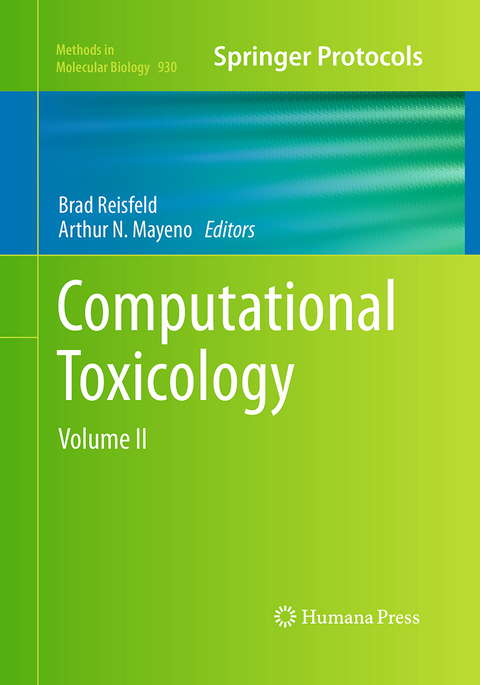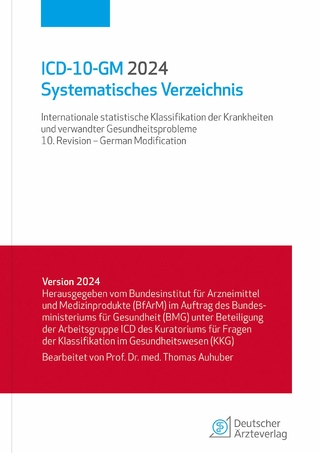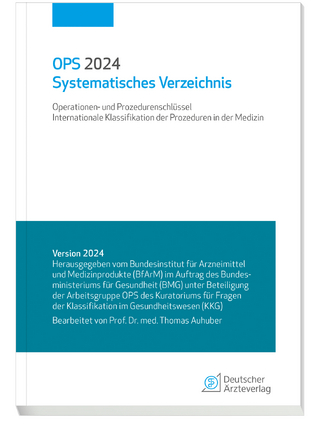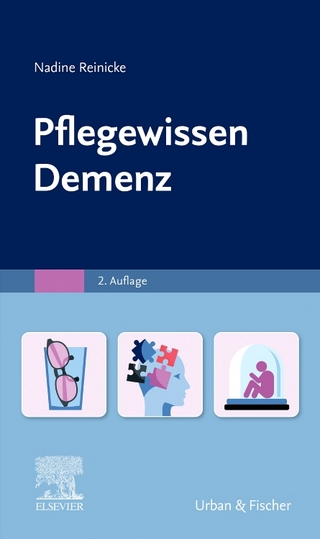
Computational Toxicology
Humana Press Inc. (Verlag)
978-1-4939-6326-3 (ISBN)
Divided into six sections, Volume II covers a wide array of methodologies and topics. The volume begins by exploring the critical area of predicting toxicological and pharmacological endpoints, as well as approaches used in the analysis of gene, signaling, regulatory, and metabolic networks. The next section focuses on diagnostic and prognostic molecular indicators (biomarkers), followed by the application of modeling in the context of government regulatory agencies. Systems toxicology approaches are also introduced. The volume closes with primers and background on some of the key mathematical and statistical methods covered earlier, as well as a list of other resources. Written in a format consistent with the successful Methods in Molecular Biology™ series where possible, chapters include introductions to their respective topics, lists of the necessary materials and software tools used, methods, and notes on troubleshooting and avoiding known pitfalls.
Authoritative and easily accessible, Computational Toxicology will allow motivated readers to participate in this excitingfield and undertake a diversity of realistic problems of interest.
Methods for Building QSARs.- Accessing and Using Chemical Databases.- From QSAR to QSIIR: Searching for Enhanced Computational Toxicology Models.- Mutagenicity, Carcinogenicity and Other Endpoints.- Classification Models for Safe Drug Molecules.- QSAR and Metabolic Assessment Tools in the Assessment of Genotoxicity.- Gene Expression Networks.- Construction of Cell Type-Specific Logic Models of Signaling Networks Using CellNetOptimizer.- Regulatory Networks.- Computational Reconstruction of Metabolic Networks from KEGG.- Biomarkers.- Biomarkers: Environmental Public Health Indicators.- Modeling for Regulatory Purposes (Risk and Safety Assessment).- Developmental Toxicity Prediction.- Predictive Computational Toxicology to Support Drug Safety Assessment.- Developing a Practical Toxicogenomics Data Analysis System Utilizing Open-Source Software.- Systems Toxicology from Genes to Organs.- Agent Based Models of Cellular Systems.- Linear Algebra.- Ordinary Differential Equations.- On the Development and Validation of QSAR Models.- Principal Components Analysis.- Partial Least Square Methods: Partial Least Squares Correlation and Partial Least Square Regression.- Maximum Likelihood.- Bayesian Inference.
| Erscheinungsdatum | 27.06.2016 |
|---|---|
| Reihe/Serie | Methods in Molecular Biology ; 930 |
| Zusatzinfo | XI, 648 p. |
| Verlagsort | Totowa, NJ |
| Sprache | englisch |
| Maße | 178 x 254 mm |
| Themenwelt | Mathematik / Informatik ► Informatik ► Theorie / Studium |
| Mathematik / Informatik ► Informatik ► Web / Internet | |
| Informatik ► Weitere Themen ► Bioinformatik | |
| Medizin / Pharmazie ► Medizinische Fachgebiete ► Pharmakologie / Pharmakotherapie | |
| Medizin / Pharmazie ► Pharmazie | |
| Naturwissenschaften ► Biologie | |
| ISBN-10 | 1-4939-6326-0 / 1493963260 |
| ISBN-13 | 978-1-4939-6326-3 / 9781493963263 |
| Zustand | Neuware |
| Haben Sie eine Frage zum Produkt? |
aus dem Bereich


